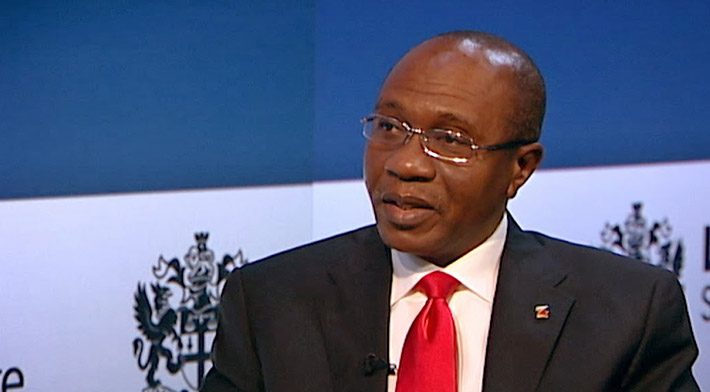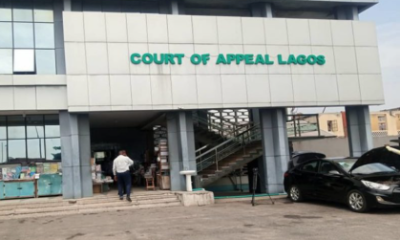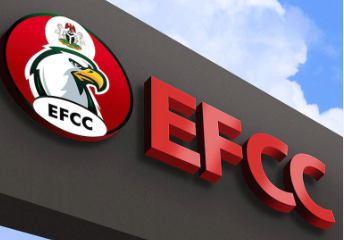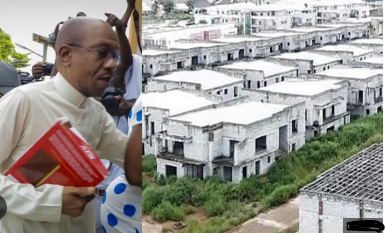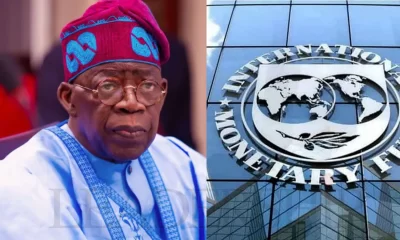• Letter of credit now at $500 million
• Bank liquidity to decrease further
By ODUNEWU SEGUN
NIGERIA’S overnight interbank lending rate rose week-on-week to an average of 3.5 percent last Friday, up from 1 percent the previous week after Central Bank of Nigeria sales of treasury bills and deposits for dollar purchases drained liquidity in the banking system.
Nigeria raised 329.93 billion naira ($1.66 billion) worth of three-month to one-year treasury bills at an auction on last week with higher returns than in its previous auction. CBN also directed commercial lenders to pay for their dollar purchases 48 hours in advance of its Thursday intervention in the official interbank forex market. This step also drained cash from the system and led to a hike in the cost of borrowing among banks.
The CBN usually intervenes once a week in the official interbank foreign exchange market to provide dollars for eligible importers, while it requires commercial lenders to fund its naira account 48 hours ahead of the intervention.
Traders said the CBN offered 50 billion naira in open market operation (OMO) treasury bills on Friday, but the result of the auction was yet to be released. The total commercial lenders’ credit balance with the central bank stood at 439 billion naira on Thursday compared with 591.76 billion naira last Friday.
Traders said banking system liquidity was expected to decrease further after additional cash outflows to OMO bill purchases and cash reserves requirements are debited from commercial lenders’ accounts.
“The cost of borrowing is expected to spike further today, Monday 7th if the CBN sells more treasury bills than it offered at the OMO auction last Friday and the CRR debit is reflected in the banking system debt balance,” one trader said.
ALSO SEE: Allocate weekly dollar sales to us directly, MAN tells CBN
Meanwhile, the Central Bank of Nigeria has tightened restrictions on the flow of dollars to domestic lenders, forcing them to delay hard currency loan and trade repayments to foreign banks and increasing the risk of default, National Daily gathered.
Reeling from the slump in oil prices, the apex bank began last year to impose ever stricter dollar curbs to conserve its reserves, which stood at $27.82 billion on March 1, their lowest level in more than 11 years.
Now, banks seeking dollars to repay letters of credit (LCs) to foreign banks have to submit bids to the central bank, imposing extra barriers to hard currency access – to the consternation of foreign institutions.
Previously, the delays have only been for a day or two, and have not been a cause for alarm for the international lenders .But now, repayment delays have swelled to over a week in some cases, bankers say.
“We have had delays for almost a year,” one senior Nigerian banker, who asked not to be named, told National Daily. “But we have capacity to pay what we owe. The delays are understood by both parties to be due to exchange controls.”
Banking sources estimate outstanding LCs at $500 million.
The apex bank met commercial lenders this week to assure them it would sell them foreign currency to repay foreign loans, but told them they needed to pay off matured LCs first before negotiating new ones to prevent a backlog building up, bankers said.
If the amount of delayed repayments gets too big, bankers fear it might become impossible for the central bank to meet dollar demand, which would push the situation from a liquidity crunch to a credit crunch – and ultimately even a default.
“If we have a credit default due to the currency controls, it will affect the entire country and worsen the country risk profile,” another banker said.
Loan growth ground to a halt last year after a 32.5 percent jump in 2014 as the banks’ main clients in the oil sector halted projects or were unable to service loans.
“We will see non-performing loans rise to around 10 percent in 2016 moderated by restructuring and write-offs,” said Akin Majekodunmi, a sub-Saharan Africa banking analyst at Moody’s.

 Entertainment1 week ago
Entertainment1 week ago
 Business1 week ago
Business1 week ago
 Business1 week ago
Business1 week ago
 Football1 week ago
Football1 week ago
 Entertainment1 week ago
Entertainment1 week ago
 Entertainment6 days ago
Entertainment6 days ago
 Latest1 week ago
Latest1 week ago
 Latest1 week ago
Latest1 week ago
